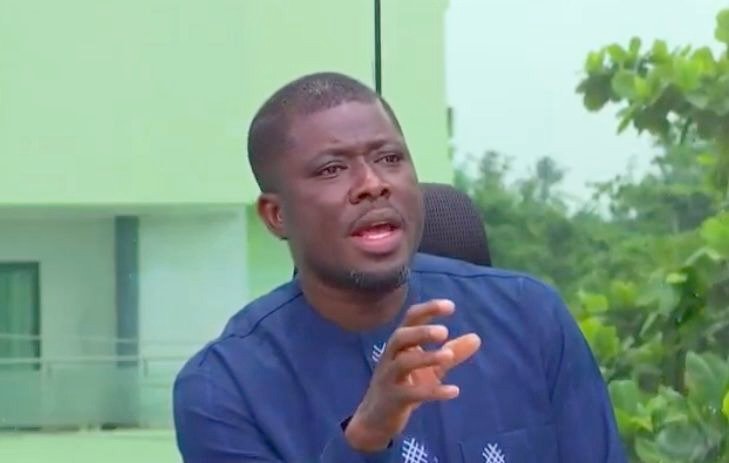Technology
Elikem Kotoko backs education minister on hairstyle rules in schools
Deputy Chief Executive Officer of the Forestry Commission, Elikem Kotoko, has thrown his support behind the Education Minister’s stance on maintaining hairstyle rules in Senior High Schools, describing such measures as necessary for instilling discipline in students.
According to Mr. Kotoko, rules on hairstyles and appearance are not meant to suppress students’ rights but to help shape their character and prepare them for the future.
“I find absolutely nothing wrong with children being disciplined at this age. If today we say students cannot trim their hair, tomorrow we will say they can grow their nails, and then later we will question why we wear uniforms. The purpose of all these rules is to instill discipline not to enslave them,” he said.
Mr. Kotoko argued that allowing unrestricted hairstyles could lead to a breakdown of order in schools.
He said that structure and uniformity in grooming help students learn respect for rules and authority, values that are essential in nation-building.
He shared a personal experience with his daughter, explaining how he guided her to understand the importance of adhering to school grooming rules.
“My daughter, Etonam, once wanted to keep her natural hair, but I had to explain that these rules are not new. They’ve been there for years to ensure discipline,” he added.
Reacting to public criticism of the policy, Mr. Kotoko questioned those opposing the regulations, including individuals advocating for what they call “free hair” in schools.
He described such campaigns as misplaced and unnecessary.
“I find it worrying that hairstyle rules have become a national debate. It has no basis in our education system. The purpose of basic and secondary education is not only to teach but also to instill discipline,” he said.
He added that maintaining long or styled hair would also be impractical for students, as it requires frequent salon visits and the use of chemicals, which could be disruptive to academic life.
Mr. Kotoko concluded by emphasizing that discipline forms a core part of Ghana’s educational system and should not be compromised in the name of freedom. “Any parent who forgets that education is also meant to teach discipline is losing focus,” he stated.
By: Jacob Aggrey






